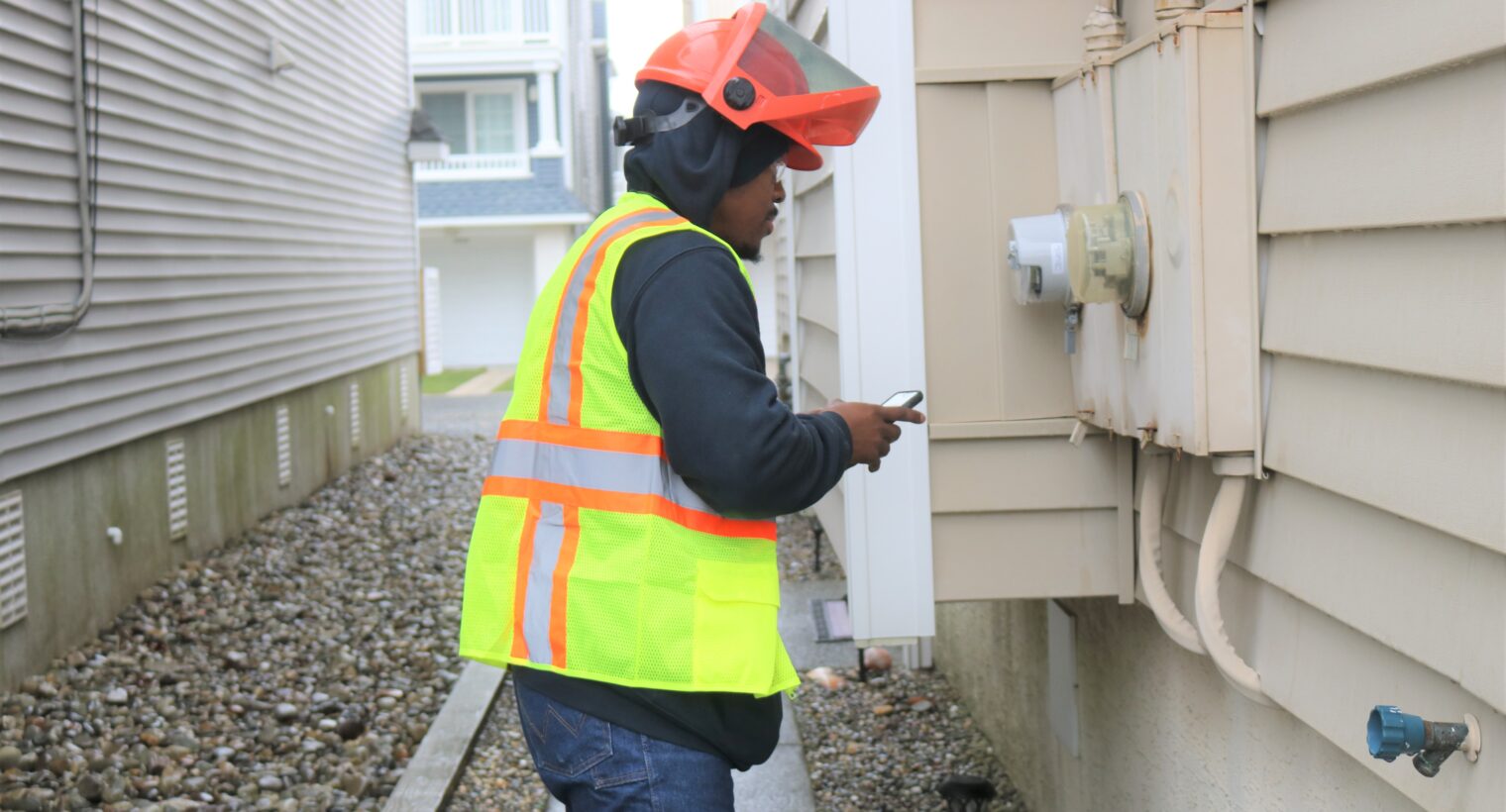Welcome to the exciting world of smart technology in home energy by learning how do smart meters work! Our guide is designed to help you not only understand how they work but also their pros and cons. So no matter if you’re a homeowner or small business owner, this guide will help you with everything you need to know about smart meters!
Here at The Energy Professor, we want to give you the information you need to not only save money on your energy bill but also to become more energy efficient. We hope you find this post helpful! And makes it easier for you to know more about how smart meters work. Be sure also to check out our one-of-a-kind energy savings calculator!
The Energy Professor Electricity Rate Check Tool
How do Smart Meters Work?
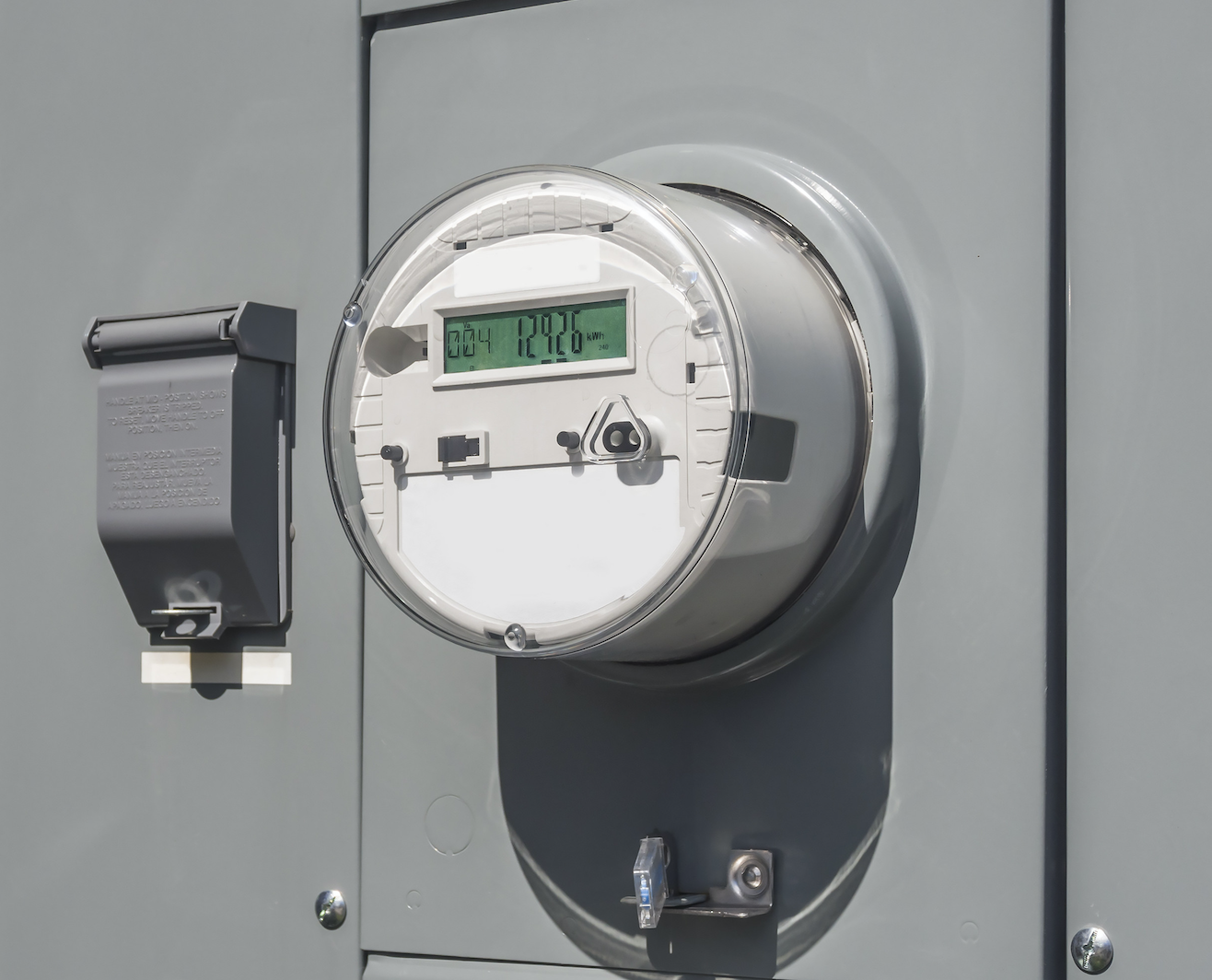
Smart meters transform energy management by offering real-time data on your electricity and gas usage. Unlike traditional meters, they send your energy data directly to your provider, ensuring accurate, real-time billing. This process is known as smart metering connectivity. Many smart meters also come with user-friendly displays, allowing you to monitor your usage and costs as they happen. This not only promotes energy-saving habits but also helps in reducing your bills, making energy management both smarter and more cost-effective.
But how exactly do these devices work? Let’s break down the process into simple steps:
How Does a Smart Meter Work? – Step-by-step Guide
- Measurement of energy use
- Recording data at short intervals
- Wireless transmission of data
- In-home display of energy use
- Remote access and control
- Support for a smarter grid
Related Post: How to Save Money on Your Energy Bill
Understanding Smart Meters
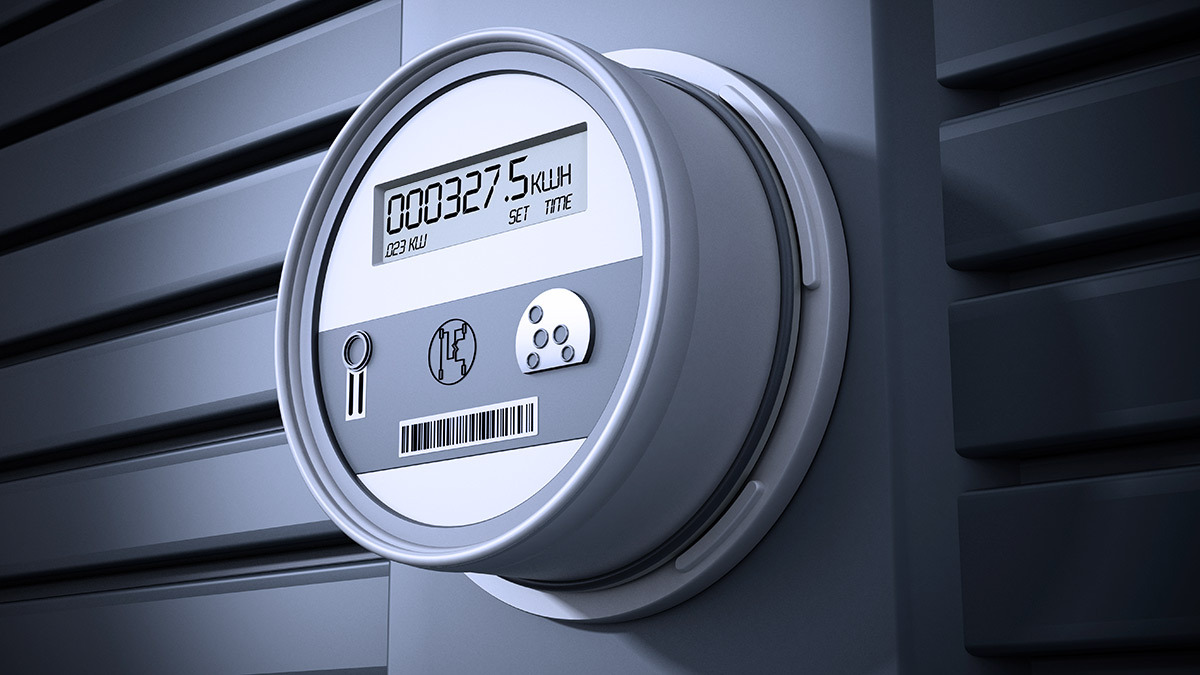
A smart meter is a technologically advanced replacement for traditional analog energy meters in homes. It accurately measures real-time energy usage for both electricity and gas. And then wirelessly transmits this data to your energy provider. This eliminates the need for manual meter readings and ensures precise billing based on actual usage.
What Do Smart Meters Look Like
- Visually, smart meters look like traditional meters but are equipped with digital displays. They also typically have an accompanying in-home display unit.
The real power of smart meters lies in their communication ability. Grasping how smart meters communicate is key to unlocking smarter, more efficient energy use in our homes.
Related Post: How to Switch Energy Suppliers
How Smart Meters Use Wireless Transmission of Data
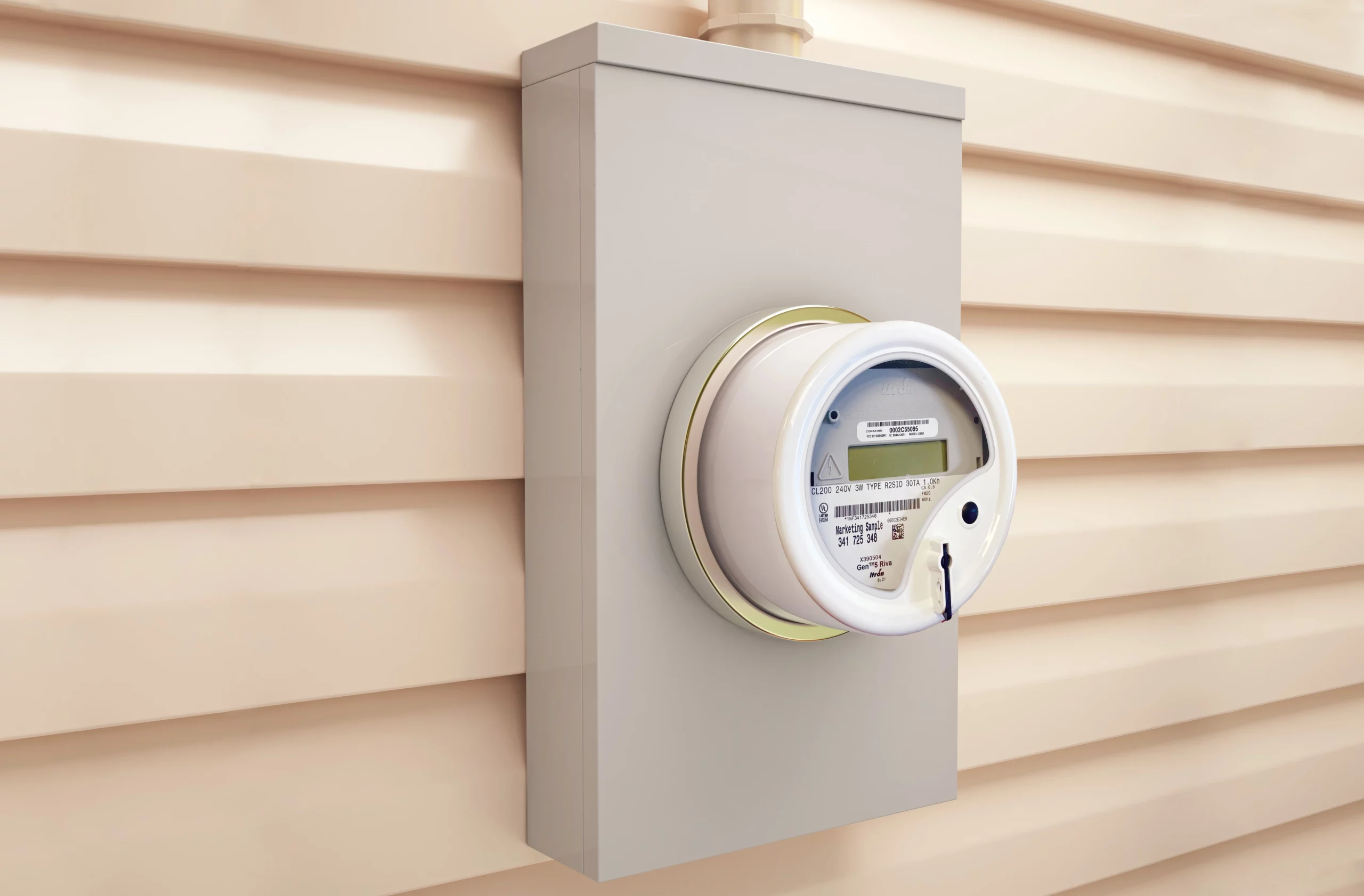
These meters use a secure and sophisticated wireless network to transmit your energy data directly to your energy provider. This process, often called smart metering connectivity and it ensures that energy consumption is recorded and reported accurately. Wireless communication allows for rapid detection and resolution of any issues, such as power outages or abnormal usage patterns, which leads to improved efficiency and reliability in energy supply and management. The seamless communication of smart meters is a cornerstone of the smart grid system. And contributes to a more efficient and responsive energy infrastructure!
How Smart Meters Read
- These devices use a secure wireless network to send the data they collect to your energy provider. This means no more estimated bills or someone coming to read your meter. Instead, your provider receives accurate, up-to-date information, ensuring your bills reflect your actual usage.
What Are the Concerns of Smart Meters?
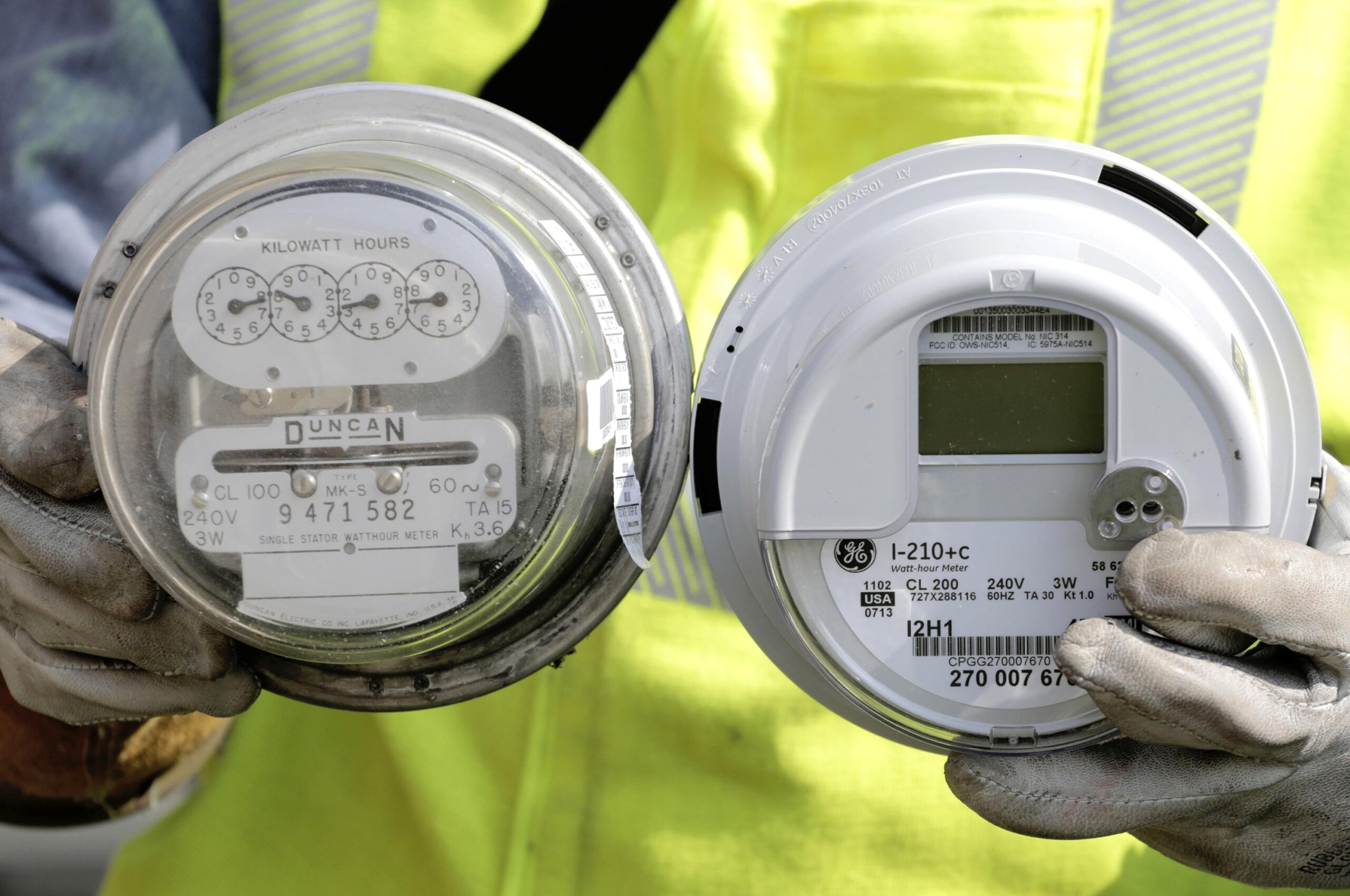
One of the primary concerns is privacy and data security. Given that smart meters collect detailed data on energy usage and transmit it wirelessly, some users worry about the potential for data breaches or unauthorized access to their consumption patterns. Some homeowners also express worry of health concerns regarding the wireless signals used for data transmission. Rest assured, research generally supports their safety. Understanding these concerns is essential for making an informed decision about embracing smart meter technology in your home.
Is a Smart Meter for Gas or Electric?
- Smart meters are available for both electricity and gas. Some people have expressed worries about privacy and data security with smart meters. However, these systems are designed with strong security measures to protect your data.
Despite some concerns, their benefits, from precise usage tracking to convenient connectivity, make them a valuable asset for any modern home. Whether upgrading from an analog meter vs smart meter, smart meters can pave the way to a more efficient, cost-effective household.
Related Post: Smart Meters VS Analog Meters
Will a Smart Meter Save Me Money?
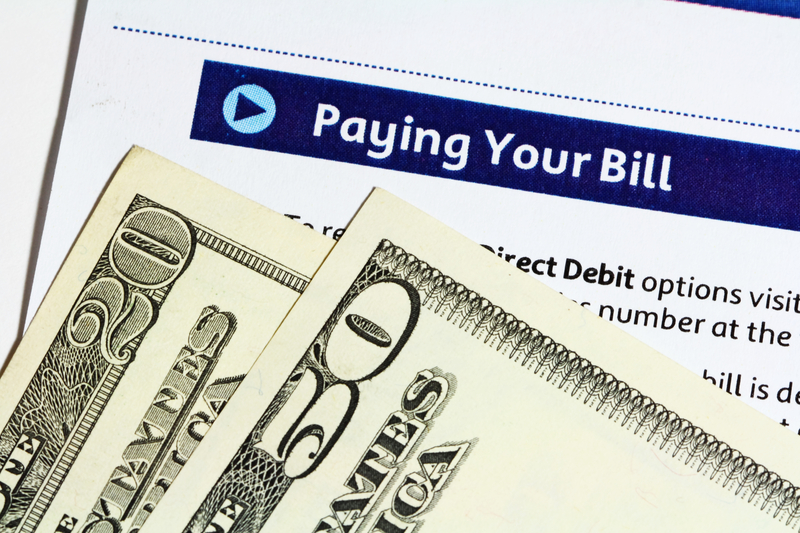
Yes! These meters help homeowners identify and correct inefficient energy habits. This proactive approach can lead to reduced consumption, particularly during peak hours. Additionally, the accurate readings from smart meters for electricity ensure precise billing. Based solely on your actual usage, thereby avoiding the estimates common with traditional meters. In essence, while a smart meter itself doesn’t cut costs on your energy bill, it equips you with the necessary insights to make smarter, cost-effective energy choices.
How Much Are New Electric Meters?
- Based on labor and product costs, the average cost of a smart meter is $200. But over 15 years, the average savings is roughly $300!
While the meter itself doesn’t automatically reduce your bills, the information it provides can be a game-changer. By understanding your energy usage patterns through the smart meter use data, you can identify areas where you can cut down on energy consumption, potentially leading to savings on your energy bills. As for the cost, new electric meters like smart meters are usually installed by your energy provider at no direct cost to you.
Related Post: How Much Money Can You Save with The Energy Professor?
How Do Smart Meters Work? – FAQ

Q: What is the Downside of a Smart Meter?
A: While smart meters have many benefits, some downsides include concerns about data privacy and security, as they wirelessly transmit detailed energy usage data. Additionally, there are health concerns for a few about the wireless signals, although most research indicates they are safe.
Q: Do Smart Meters Need an Internet Connection?
A: No, smart meters do not require a home internet connection. They use a secure wireless network, often separate from your home Wi-Fi, to communicate your energy usage data to your provider.
Q: How Does a Smart Meter Send Readings?
A: Smart meters send readings through a process known as smart metering connectivity. They use secure wireless networks to automatically transmit recorded energy usage data directly to the energy provider, ensuring accurate and timely readings.
Q: Are there any additional fees associated with having a smart meter installed?
A: Installation policies vary by provider. Some offer free smart meter installations, while others may charge a fee. It’s best to check with your specific energy provider for details regarding installation costs.
Q: Do smart meters work during power outages?
A: During power outages, smart meters may not be able to transmit data. However, they usually store consumption data and can send it once the power is restored, ensuring continuous, accurate record-keeping.
Do you Need Cheaper Electricity?
If you’ve taken the time to understand the information on your bill and discovered you’re paying more than you’d like for your electricity, have you looked around for a cheaper deal? The Energy Professor has a wealth of information on ways to save on your utilities, including details of top deals that could significantly reduce your monthly or quarterly electricity bills.
We hope you found this article helpful! If you are looking for ways to increase energy efficiency and sustainability in your home be sure to take a look at all of the latest renewable energy options in your area. The Energy Professor helps residential and small business owners find qualified energy suppliers in New York, New Jersey, Pennsylvania, Texas, Ohio, Maryland, Illinois, and Massachusetts.

